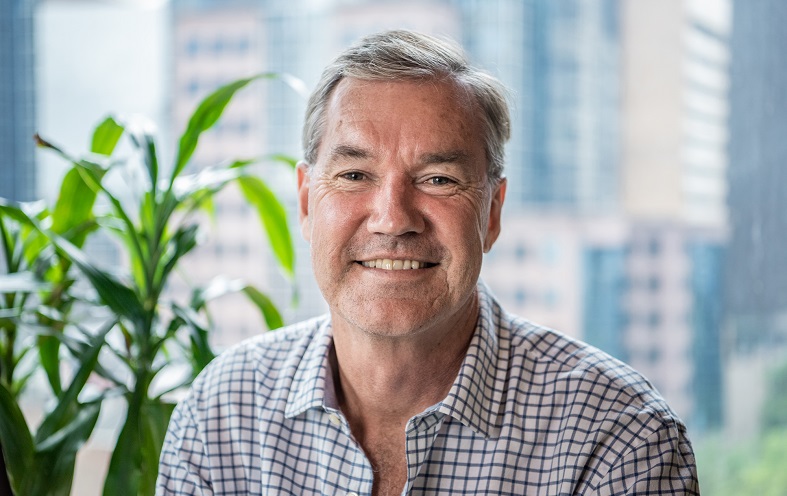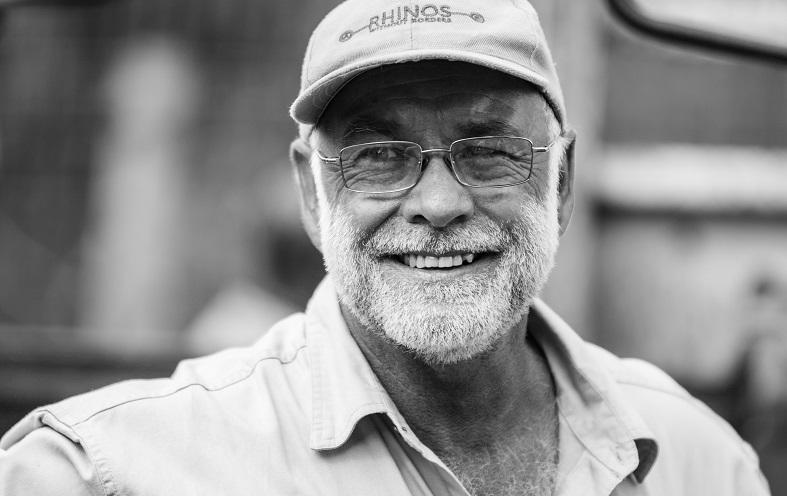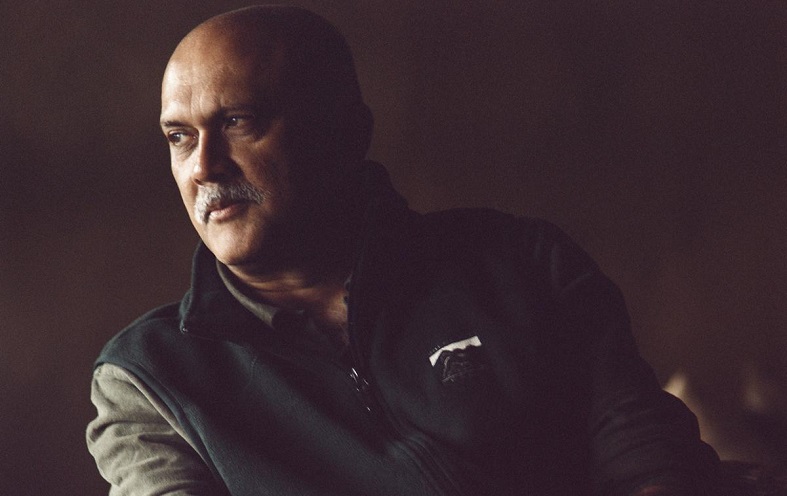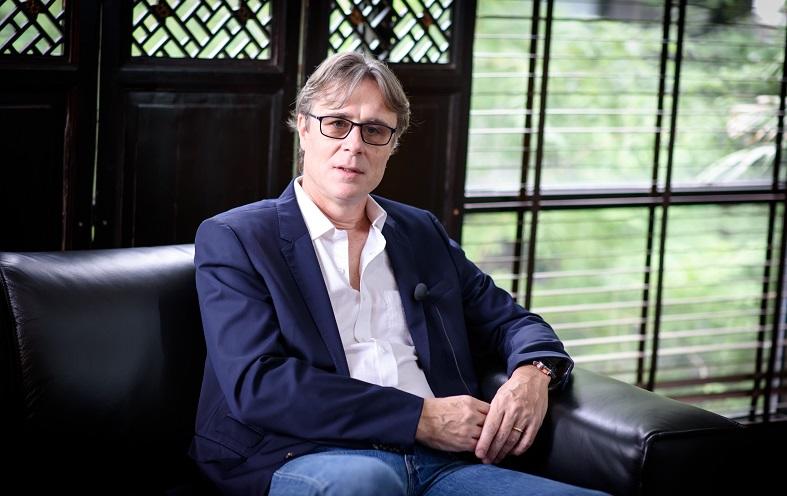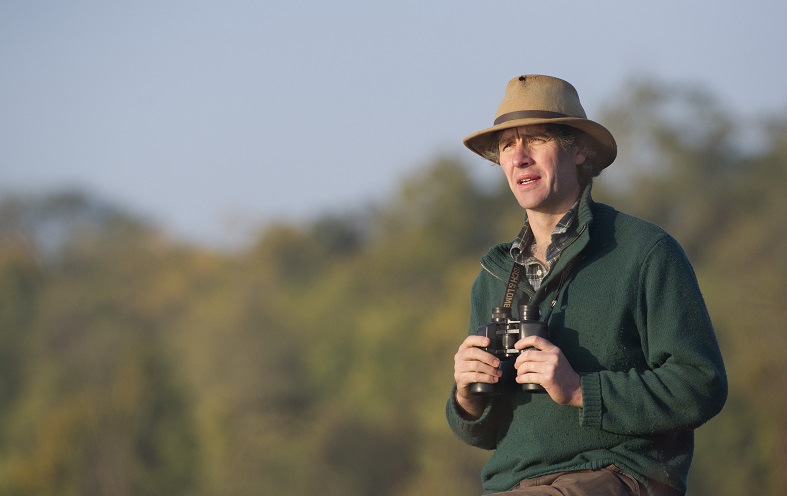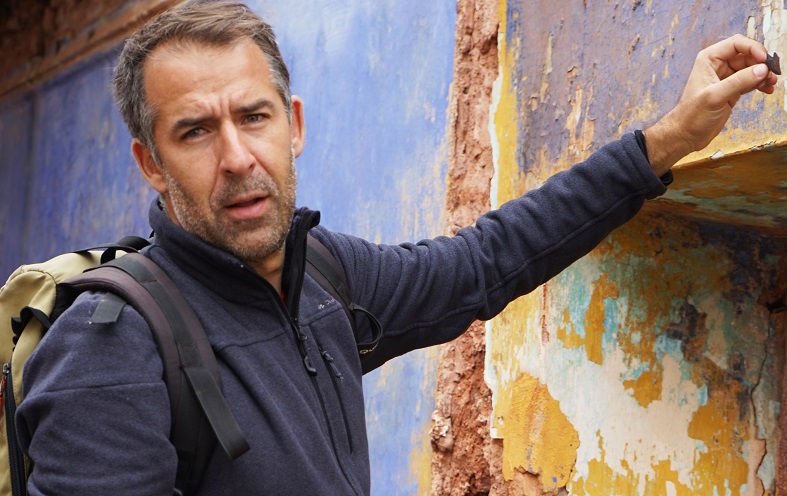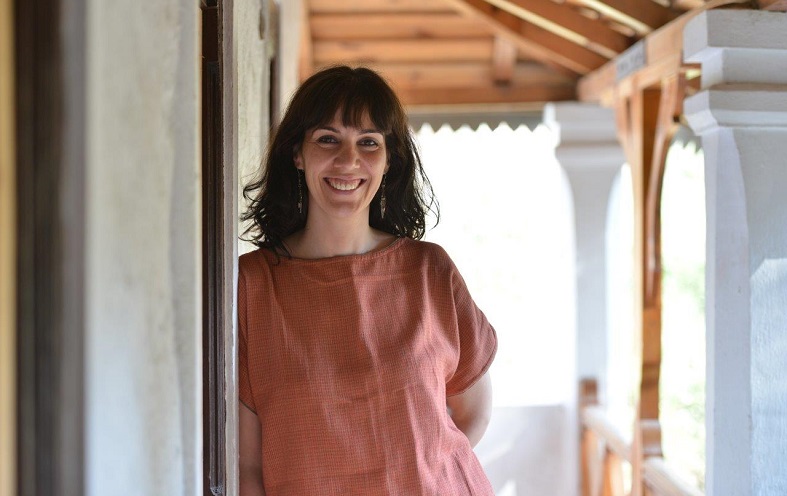
As the demand for environmentally and socially conscious travel grows, how do travellers know that the tourism and hospitality companies that call themselves “sustainable” really are?
Alexandra Pastollnigg, the founder of Fair Voyage, a travel company dedicated to providing sustainable tours, has been working to make sustainability guidelines more transparent and widespread. In our interview, she explains some of the goals and challenges of this work and tells us how she’s been helping communities that rely on tourism survive the coronavirus pandemic.
Alexandra, with a professional background in finance, what motivated you to shift focus to tourism and sustainable development?
When I climbed Mount Kilimanjaro in 2015, I became aware of the exploitation of porters on the mountain. Many were working in unhealthy conditions and without the right equipment, fair pay, or equal opportunity. I left Tanzania wanting to solve that. I wrote a book, Kilimanjaro Uncovered, sharing lessons I’d learned, such as how to choose a responsible tour operator for a Kili expedition.
Then, while taking a social entrepreneurship program with Philanthropy University through the Haas School of Business at the University of California, Berkeley, I explored solutions for the problems I’d seen. That’s when I realized that sustainable tourism could actually be a business.
At the beginning of 2017, I stepped away from my mergers and acquisitions job for four months to bike from Cairo to Cape Town. The adventure opened my eyes to the beauty of Africa and expanded my boundaries of what is possible. That’s when I knew I could not go back to finance; it was my calling to help others see the world and do it in a sustainable way.
A lot of travellers book their holiday activities through OTAs (online travel agencies), not least owing to the competitive prices these offers. How can such big corporations commit themselves to make travel more sustainable?
OTAs need to integrate sustainability checks and audits into their rankings. For example, hotel booking platforms should rank accommodation providers with the highest sustainability ratings on top.
OTAs often say that they cannot do this because “there are no good independent sustainability audits yet for tourism.” This is not true. The Global Sustainable Tourism Council (GSTC) has set baseline standards for sustainability and accredits certifications for accommodations and tour operators.
When providers have been awarded such a certification, it means that they have passed an independent sustainability audit that has verified their sustainability commitment in line with the GSTC standards. OTAs simply need to start using GSTC accredited certifications as a ranking criterion and eventually make them mandatory throughout their supply chain.
For transportation companies (such as airlines) and the platforms selling them, meaningful carbon offsets should be mandatory—or at least the default option, so that consumers have to actively opt-out rather than find a way to opt-in.
By “meaningful” carbon offsets, I mean fully priced and sustainable solutions that invest in innovative green technologies or community-based forest restoration and conservation projects. The vast majority of currently commercialized carbon offsets are not fully priced or do not invest in sustainable solutions, thus I do not endorse them.
How can we drive consumer demand towards sustainable products, to put pressure on tourism businesses to be ecologically and socially responsible?
Consumers are increasingly interested in choosing sustainable products, but there is no easy way for them to know which products live up to their claims. We need to inform them that the GSTC standards exist and help them see which companies adhere to them.
This is where one single logo or badge would come in handy: consumers could then look for this emblem and feel confident that these companies are vetted.
Of course, being socially and economically conscious—doing things like paying staff living wages, investing in quality equipment, and buying carbon offsets—almost always also increases costs to consumers. And there will likely be many who are unable or unwilling to pay the higher price.
My hope is that more companies will make their operations sustainable and only work with providers in compliance with sustainability standards; that consumers will choose to travel more responsibly, even if it means traveling less frequently; and that consumers who are not willing to pay a fair price will eventually no longer find companies or destinations willing to serve them.
At the GSTC 2019 Global Conference you urged industry leaders to put personal agendas aside and to create an easily recognisable logo to help vacationers around the world relate to sustainability. How has the industry response been so far?
COVID-19 broke out soon after the conference and the tourism industry has been fighting for survival.
It is important to understand that financial and economic viability is a necessity for sustainability. When companies can no longer pay their bills and are forced to lay off staff, environmental and social sustainability becomes secondary.
Many large travel companies have had to file for government bailouts. On the positive side, governments right now have a unique opportunity to attach stringent sustainability criteria to their financial rescue packages. Will they take this opportunity?
Even in these challenging times, we’ve continued to move forward at Fair Voyage. We are reworking our communication materials to make them resonate more with travellers, to explain the science behind sustainability standards in simple terms.
In the absence of a globally accepted and recognized logo, we have created our own badge (Fair Voyage Curated) for companies that we have approved to use our platform because they are committed to the GSTC standards.
At Fair Voyage, you offer responsible tours to conscious travellers. Which are the main challenges in vetting suppliers for their sustainability practices, so you can work with them?
Fair Voyage only works with suppliers that are committed to sustainability and to being independently audited for sustainability practices by GSTC standards. That’s the Fair Voyage screening criteria.
Right now, there are simply not enough suppliers that adhere to the standards. Some countries—especially in developing markets—have none. Where some do exist, the companies may just be starting out and have only met the first level of standards.
For cases like this, we have developed a phased approach in collaboration with Travelife, the leading GSTC-accredited certification for tour operators, that enables small companies with proven sustainability commitment to become vetted over time. As their revenues increase, so must their levels of sustainability.
When we need providers for our tours, we first seek out those already certified by GSTC accredited certifications or at least in compliance with local standards for sustainability. If we come up empty but find a provider that seems like a good fit and is interested in becoming certified, we use the phased approach, encouraging them to develop their business in a sustainable way.
Our goal is to make all components of Fair Voyage tours sustainable. We are sharpening our sustainability criteria to go beyond the providers to ensure that every single element of a client’s travel experience is handled in accordance with best sustainability practices, from transportation to accommodations and activities.
How has the current pandemic affected businesses working with Fair Voyage? How are you helping them through these testing times?
The pandemic has been especially catastrophic for businesses and local communities in developing markets that rely on tourism.
In Tanzania, for example, tourism generates nearly 30 percent of the export revenues. Fair Voyage has strong ties to East Africa, and so, when the pandemic hit, we partnered with local and international organisations and sustainability leaders to run support groups to assist the local businesses, especially around Mount Kilimanjaro. Through this initiative, we’ve been able to help facilitate health and training resources, webinars with experts, and making other connections that will hopefully lead to long-term sustainable solutions. You can read more about these efforts in this article.
In your experience with Fair Voyage, which demographics are showing the strongest commitment towards opting for a responsible holiday?
The younger generation seems more committed to sustainability, but as I mentioned earlier, sustainability has a price and the younger generation often cannot afford it. The travellers that Fair Voyage sees booking trips tend to be 35 years and older, well educated, and affluent.
Awareness of sustainable travel seems to be highest on the west and east coasts of North America, along with Australia, New Zealand, and Western to Northern Europe. These are some of the wealthiest parts of the world, demonstrating the link between education, financial security, and sustainability.
Which aspects of working as a sustainable tourism entrepreneur do you find the most rewarding?
There are three aspects I find rewarding: being in sustainability, being an entrepreneur, and working in tourism.
First of all, it’s incredibly rewarding to know that I’m making a positive impact on sustainability with my daily work. Every morning when I’m starting my work, I know my mission, my ‘why’. And I enjoy the freedom to be 100 percent consistent with my personal values, with what my heart is telling me.
I’ve also found that being an entrepreneur is perhaps the most effective tool for accelerated personal growth. Even just these past three months, I’ve learned and grown more than I ever thought possible, and I continue to have major “aha” moments every week. To me, this is hugely exciting.
Speaking specifically about tourism, I believe in the potential of travel as a force for good—to foster intercultural understanding and personal growth. In my mind, travel may be the single most powerful tool to create and maintain lasting world peace. I want to live in a peaceful world.
Knowing that I’m giving my best every day and working to create such a world is the biggest reward for a sustainable tourism entrepreneur.
Anything else you’d like to mention?
Within 20 years, I want to be living in a sustainable and peaceful world. I strongly believe that this new world will be created and led by impact entrepreneurs. We need more impact entrepreneurs, urgently.
I didn’t grow up in an entrepreneurial culture, didn’t have work experience in tourism before starting Fair Voyage, and don’t have any formal education in sustainability. Yet, by following my heart, taking action, and learning by doing, I’ve become a sustainable tourism entrepreneur and recognized as a sustainability leader.
I want others to know that they can do this, too. They can become sustainability leaders, and together we will build a healthy planet.
Thank you, Alex.
Connect with Alex Pastollnigg on LinkedIn and make sure to check out Fair Voyage when planning your next purposeful travel adventure!
Enjoyed our interview with Alex Pastollnigg on how she is promoting sustainable tourism and responsible travel as impact entrepreneur and through her company, Fair Voyage? Spread the word!

